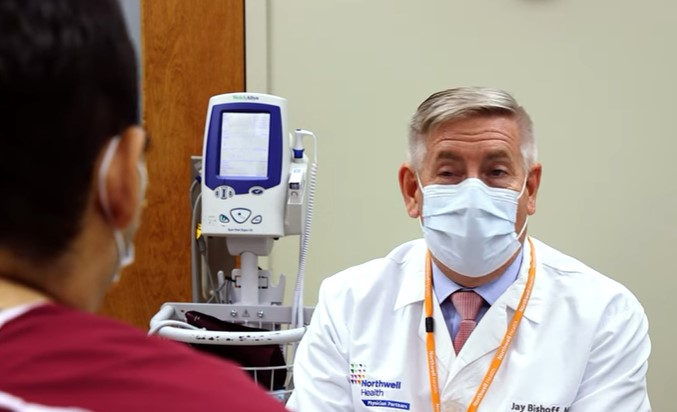If you’re experiencing issues related to your urinary tract or reproductive system, you may need to see a urologist for diagnosis and treatment. However, before making an appointment, you may wonder how much it will cost to see a urologist.
The cost of seeing a urologist can vary depending on various factors such as insurance coverage, location, and the reason for the visit.
Exploring the Cost of Visiting a Urologist: What You Need to Know
The cost of visiting a urologist varies depending on different factors such as location, insurance coverage, and the nature of the visit. For patients without insurance, the cost of a first-time consultation with a urologist can range from $200 to over $550, with an average cost of $260 nationwide.
This cost may not include additional tests, treatments, or procedures the urologist may recommend. If diagnostic tests such as blood work, urinalysis, or imaging tests are required, they may also incur additional costs. Insurance coverage plays a significant role in the cost of seeing a urologist. Patients with insurance may have a lower out-of-pocket cost than those without coverage.
However, insurance policies vary, and some plans may not cover certain tests or procedures. It is essential to understand the specifics of your insurance coverage to avoid surprises in your medical bills.

What to Expect and How to Prepare for a UROLOGIST VISIT
When preparing for a visit to a urologist, patients may feel anxious or uncertain about what to expect. A urologist is a medical specialist who focuses on diagnosing and treating conditions related to the urinary tract and male reproductive system.
During the initial consultation, the urologist will likely ask questions about the patient’s medical history, symptoms, and current medications. They may also perform a physical exam, including a genital exam, to evaluate the patient’s condition.
Depending on the reason for the visit, the urologist may order additional tests or procedures, such as a urinalysis or ultrasound. It is essential for patients to be honest and open with their urologist, as this information can help with an accurate diagnosis and treatment plan.
Additional Costs Associated with Seeing a Urologist and What Patients Should Be Aware Of
While the cost of a urologist visit can vary depending on several factors, there may be additional costs beyond the initial consultation fee. One potential cost is diagnostic tests, which are often necessary to diagnose and treat urological conditions accurately.
These tests may include blood work, urine analysis, imaging tests, or biopsy procedures, each of which can incur additional expenses. Another potential cost is treatment or procedures, which may include medication, surgery, or ongoing therapy.

The cost of these treatments can vary significantly depending on the severity of the condition and the specific treatment recommended by the urologist. Patients should also be aware of any out-of-pocket costs associated with their insurance coverage, as some policies may require patients to pay a percentage of the total cost of treatment.
To avoid unexpected expenses, patients should discuss potential costs with their urologist and insurance provider before undergoing any tests or procedures. By understanding the potential additional costs associated with urological care, patients can better plan and budget for their healthcare needs.
Tips for Saving Money on Urological Care
Urological care can be expensive, but there are steps patients can take to save money without sacrificing quality of care.
One option is to shop around and compare prices among different urologists and healthcare providers in the area. Patients can also consider telemedicine or virtual consultations, which may be less expensive than in-person visits.

Another option is to ask the urologist or healthcare provider about generic medication options, which can be significantly less expensive than brand-name medications. Patients should also review their insurance coverage and understand their out-of-pocket costs to avoid any unexpected expenses.
Additionally, patients can take steps to prevent urological conditions by maintaining a healthy lifestyle, such as staying hydrated and practicing safe sex. By taking a proactive approach to their urological health, patients can potentially save money on medical expenses in the long run.
Conclusion
Whether or not it is necessary to visit a urologist depends on your specific circumstances and symptoms. If you have a family history of urological conditions or are at risk for certain conditions, such as prostate cancer, it may be beneficial to see a urologist for preventative care.
However, if you have no symptoms or concerns related to your urinary tract or reproductive system, it may not be necessary to see a urologist. It is always best to discuss any concerns or questions with your primary care physician, who can help determine if a visit to a urologist is necessary.

